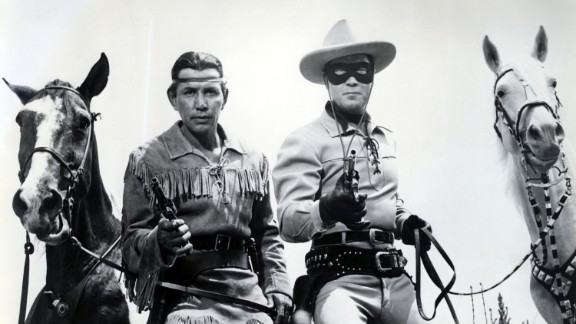
Bill Bryson is hands-down my favorite author. If you need a break from the daily cycle of....scratch that...the relentless onslaught of emotional outrage designed to prevent you from thinking, I can't think of anyone better to read.
“Made In America” was published in 1995 and the main theme is how American English got the way it is – he interleaves history, personal commentary, and, unless you are a complete drip, he offers more than a few full-throated laughs. So how great was America, and what is it that we were trying to restore in terms of getting back to a productive, versus consumptive economy?
He offers these two examples:
Page 84:
“Between 1850 and 1900, America coal production rose from 14 million tons to over 100 million, steel output went from barely a million tons to over 25 million; paper production increased ninefold, pig iron production sevenfold, cottonseed oil by a factor of fourteen, copper wire by a factor of almost twenty. In 1850, America's 23 million people had a cumulative wealth of $7.1 billion. Fifty years later, the population had tripled to 76 million, but the wealth had increased thirteenfold to $94.3 billion. In 1894, the United States displaced Britain as the world's leading manufacturer. By 1914, it was the world's leading producer of coal, natural gas, oil, copper, iron ore, and silver, and its factories were producing more goods than those of Britain, Germany, and France together. Within thirty years of Garfield's death, one-fourth of all the world's wealth was in American hands. For the average American, progress was not, in the words of Henry Steel Commager, “a philosophical idea but a commonplace of experience...Nothing in all history had ever succeeded like America, and every American knew it.”
More @ NamSouth







